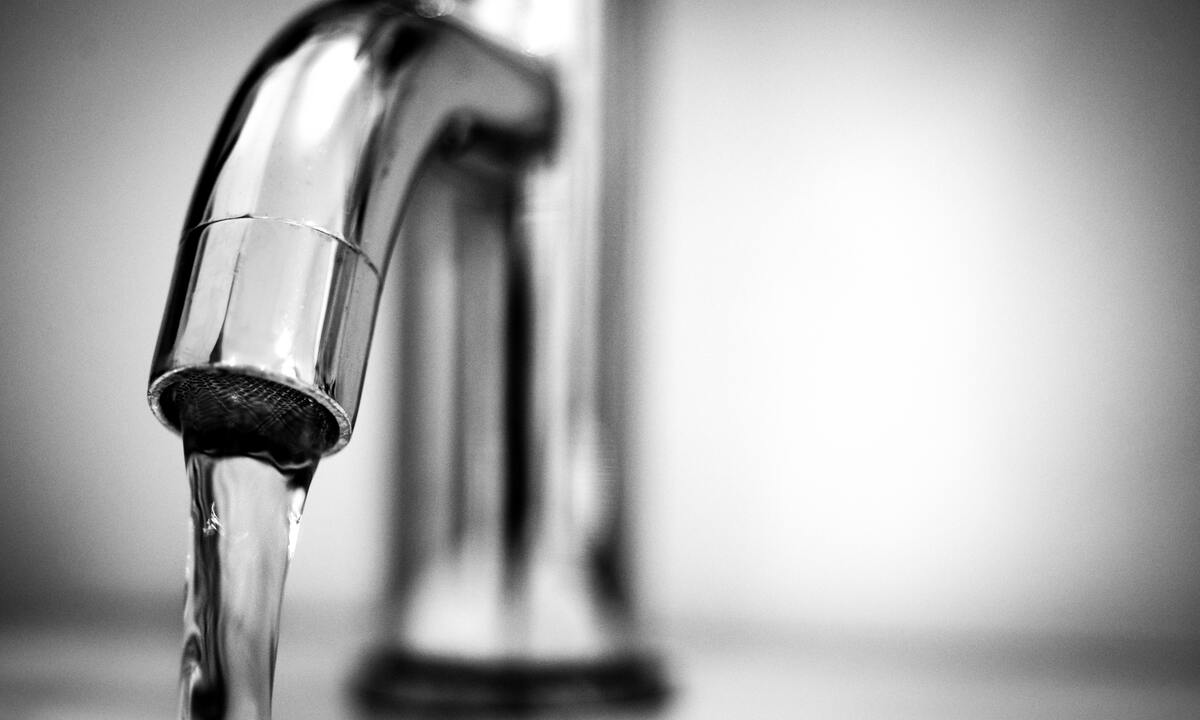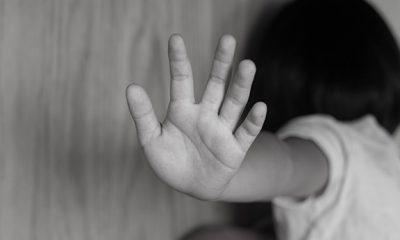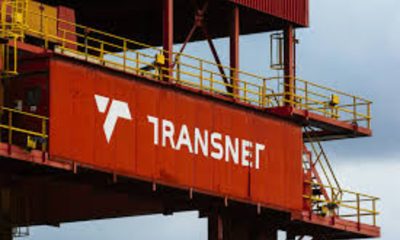News
Joburg loses half its water, costing billions

The City of Johannesburg, South Africa, is facing a major water crisis, as it loses nearly half of the water it provides on a daily basis. Johannesburg Water, the city’s water utility, measures this loss as “non-revenue water” (NRW), which refers to the water lost due to leaks or non-billing. The NRW is currently at a staggering 44.8%, up from 39.4% in the previous year. In the 2021/22 financial year, non-revenue water totalled R3 billion, equivalent to a full third of the revenue reported in the year as reported by the Citizen.
The city’s target for NRW is an impossible 32%, according to the city’s 2021/22 annual report, the most recent data available. Out of every 1,000 kilolitres (kl) the city supplies, it does not get revenue for 448 kilolitres. According to the utility, this is among the highest losses across the country’s major metros that have “significantly increased” in recent years.
Water loss causes include burst or leaking pipes, meters and reservoirs, which account for 22.9% of the NRW. Commercial losses, such as illegal connections and metering errors, account for 8.9% of the NRW. Additionally, losses due to “unbilled authorized consumption” is 13%, which the city says is unique to how it bills water. The lost revenue here was close to R900 million last year.
The city wants physical losses at 16% and total commercial losses, including the ‘special case’ category, to be at 14%.
Also Read: Water crisis looms in Gauteng as Rand Water shutdown scheduled on May 11-13!
The South African Water Research Commission (WRC) report classifies various benchmarks for the country. Less than 15% is considered a low level of NRW and very good performance, while 50% is considered a very high level of NRW and very poor performance. Anything below 30% is considered good performance in the country.
The situation in Johannesburg is increasingly worrying, as water usage in the metro has increased by 11% over the last five years, and issues at bulk supplier Rand Water have meant that various areas in Joburg have suffered water shortages, especially in the past year.
The easiest way of slowing this growth in consumption – or even reducing it – is for the city to get non-revenue water back to appropriate levels (under 40%). This could also mean a positive impact on tariffs. For example, a five-percentage-point improvement in the amount of water lost (44.8% to 39.8%) would result in a corresponding tariff decrease.
Johannesburg Water plans to install advanced metering for large water users and STS prepaid meters for households to investigate the increase in non-revenue water.
Also Read:
Photo by Skitterphoto




















